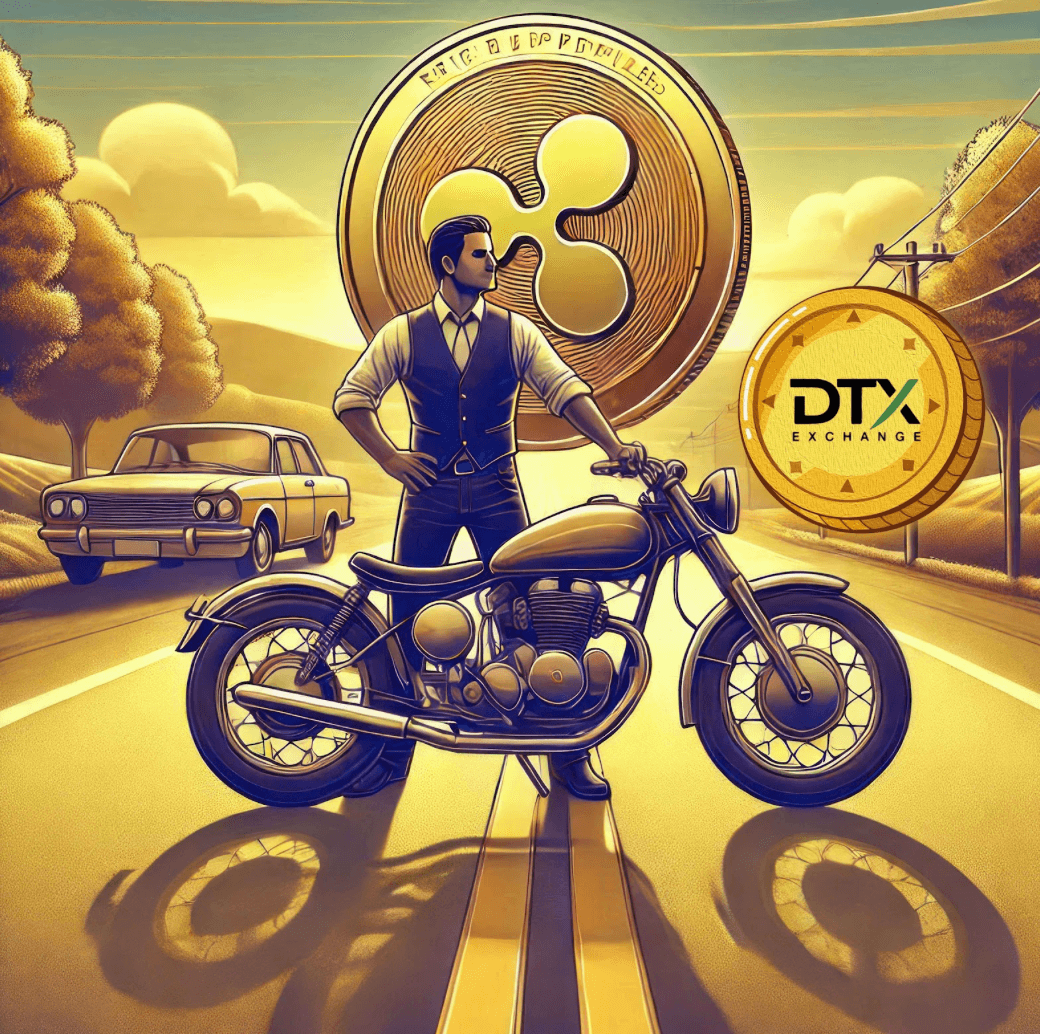A curious filing appeared on the Securities and Exchange Commission (SEC) database on Friday, hinting at the potential for a new financial product offering centered around Solana (SOL) futures. The filing, submitted by Volatility Shares, a Florida-based leveraged ETF specialist, proposed a Solana futures Exchange Traded Fund (ETF). The caveat, however, is that no such SOL futures contracts currently exist.
Despite the non-existence of SOL futures contracts, the industry reaction to the filing has been largely positive. ETF analysts have suggested that the filing could pave the way for the approval of spot Solana ETFs in the future, possibly by 2025. Bitwise CEO Hunter Horsley suggested in a direct message that this filing might be indicative of a wider range of products being available under the leadership of Paul Atkins, the SEC chair.
Interestingly, Volatility Shares is no stranger to nonconsensus products. The firm previously played a pivotal role in the approval of a leveraged bitcoin futures ETF by arguing that it posed greater risks than the proposed spot bitcoin ETF by Grayscale, thereby setting a precedent for the approval of the latter.
In the current scenario, Volatility Shares’ Solana futures ETF promises to offer investors exposure to twice or the inverse of the daily price change of SOL futures. While SOL futures currently do not trade (unlike bitcoin and ether, both of which have futures trading on the CME), Bloomberg analyst Eric Balchunas regards the filing as an indication that SOL futures might soon be on the horizon.
Regulatory bodies might be more inclined to approve spot ETFs if they observe a robust and liquid market for SOL trading, according to Leah Wald, CEO of Sol Strategies. She highlighted that approvals for bitcoin and ether ETFs came only after CME futures commenced trading.
Historically, the availability of futures was considered a prerequisite for the approval of crypto ETFs. However, the dynamics changed with the potential end of Gary Gensler’s tenure as SEC chair following a possible Trump electoral victory. Despite the absence of futures, at least five firms have filed for spot SOL ETFs in the past six months.
Nonetheless, the availability of a futures market would likely increase the chances of spot SOL ETFs getting approved. Nate Geraci, the president of The ETF Store, expressed his confidence in a social media post, predicting that spot Solana ETFs would get approved in 2025.
While the industry continues to speculate, this development underscores the dynamic and evolving nature of the cryptocurrency market. It also highlights the growing interest in Solana, a high-performance blockchain platform, among institutional investors.
Post Views: 943










